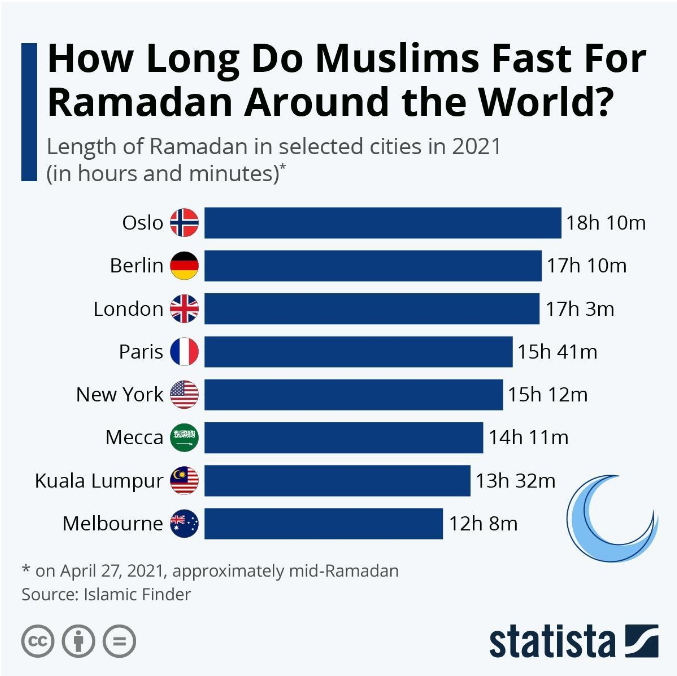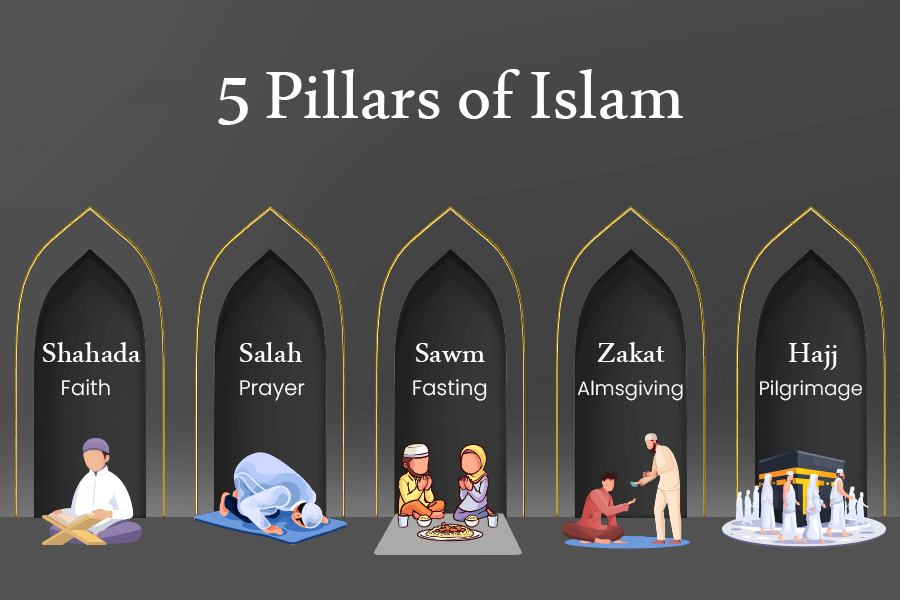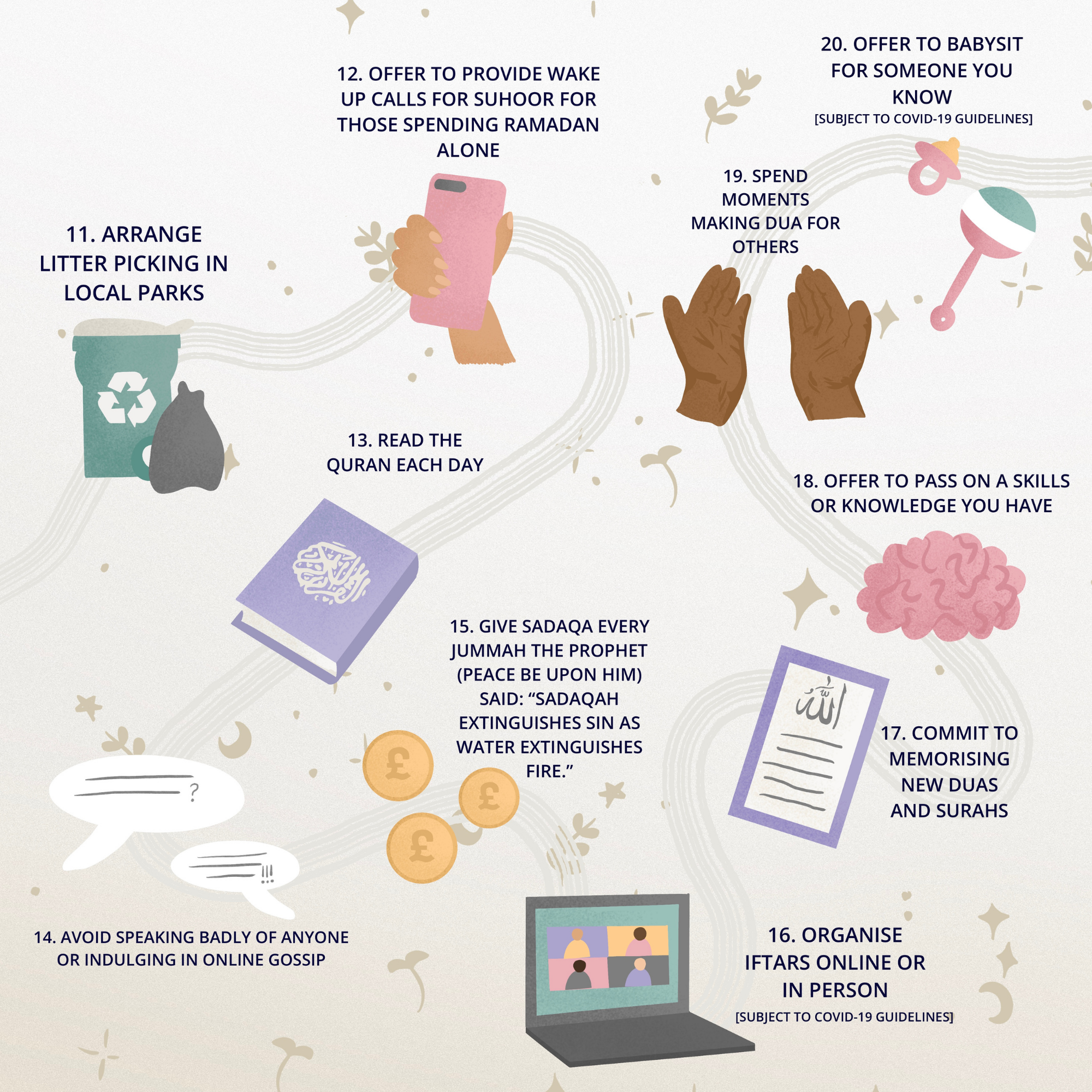Understanding Ramadan 2023: The Significance of Fasting and Spiritual Activities
The Significance of Ramadan
Introduction
Ramadan is one of the most important religious events in the Islamic calendar. It is a holy month that is observed by Muslims all over the world.
During this month, Muslims fast from dawn to dusk and abstain from all worldly pleasures. Ramadan is not only about fasting but also a time for spiritual reflection, prayer, and acts of kindness.

In this article, I aim to explore the significance of Ramadan and its various practices.
What is Ramadan?
Ramadan is the ninth month of the Islamic calendar (lunar calendar), and it is observed by Muslims worldwide. It is a time when Muslims fast from dawn to dusk, abstaining from food, drink, and other physical needs.

Fasting is one of the five pillars of Islam, and it is mandatory for all able-bodied Muslims to fast during this month. The fast is broken at sunset with a meal called iftar.
The Importance of Ramadan
Ramadan is a time of spiritual reflection and renewal. Muslims use this month to focus on their relationship with Allah and to seek forgiveness for their sins. It is a time for self-discipline, self-control, and empathy for those less fortunate.
Ramadan is also a time for charity and acts of kindness. Muslims are encouraged to give to the needy and to help those who are less fortunate. This practice is called Zakat, and it is one of the pillars of Islam. Many Muslims choose to give more during Ramadan, as it is considered a time of heightened spiritual awareness.

The History & Spiritual Significance of Ramadan
Ramadan has been observed by Muslims for over 1400 years. It was during this month that the first verses of the Quran were revealed to the Prophet Muhammad (PBUH). The revelation of the Quran is considered to be one of the most significant events in Islamic history. Muslims believe that Ramadan is a time when Allah is more receptive to their prayers and supplications.
Ramadan is a time for spiritual growth and reflection. Muslims use this month to strengthen their relationship with Allah and to seek forgiveness for their sins. It is a time to focus on prayer, Quranic recitation, and acts of kindness.
Muslims believe that during Ramadan, the gates of heaven are open, and the gates of hell are closed. Muslims also believe that during this month, the rewards for good deeds are multiplied.
The Practices of Ramadan
Fasting is the most significant practice during Ramadan. Muslims fast from dawn to dusk, abstaining from food, drink, and other physical needs. The fast is broken at sunset with a meal called iftar. Many Muslims also wake up before dawn for a meal called suhoor, which helps them sustain the fast throughout the day.
In addition to fasting, Muslims are encouraged to perform additional prayers and to read the Quran during Ramadan. Many mosques hold nightly prayers called Taraweeh, which are held after iftar.

The Physical and Mental Benefits of Fasting
Fasting during Ramadan has several physical and mental benefits. It is a time when the body can detoxify and cleanse itself. Fasting can also help reduce inflammation, lower blood sugar levels, and improve brain function. Many Muslims also report feeling a sense of mental clarity and spiritual awareness during this month.
The Celebration of Eid-al-Fitr
Eid-al-Fitr is the celebration that marks the end of Ramadan. It is a time when Muslims gather with family and friends to celebrate the completion of the fast. It is a day of feasting, gift-giving, and acts of charity. Muslims are encouraged to forgive one another and to seek forgiveness from those they may have wronged.

Myths and Misconceptions about Ramadan
Unfortunately, there are many myths and misconceptions about Ramadan that persist in the wider community. Some common myths include
The idea that fasting is harmful to the body, that Muslims fast for 30 consecutive days, or that fasting during Ramadan only involves abstaining from food and drink. In reality, fasting during Ramadan is generally safe and healthy for those who are able to participate.
Another common misconception is that Ramadan is only observed by Middle Eastern Muslims. In fact, Muslims from all over the world observe Ramadan, and it is one of the most important events in Muslim communities worldwide.
It is important to educate ourselves and others about the reality of Ramadan and to dispel any myths or misconceptions. By doing so, we can create a more inclusive and understanding community for all.
Conclusion
Ramadan is a significant event in the Islamic calendar. It is a time for spiritual reflection, self-discipline, and acts of kindness.
Fasting is the most significant practice this month, but it is not the only one. Muslims are encouraged to perform additional prayers, read the Quran, and give to the needy. Ramadan is a time for Muslims to strengthen their relationship with Allah and to seek forgiveness for their sins.